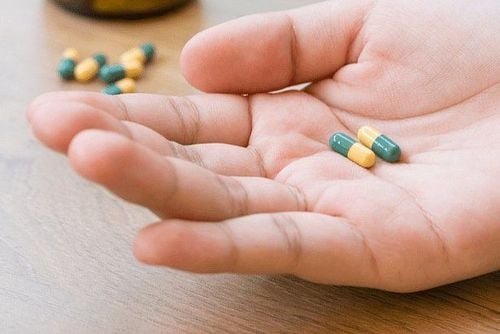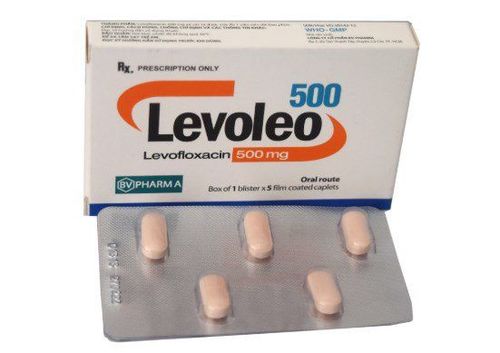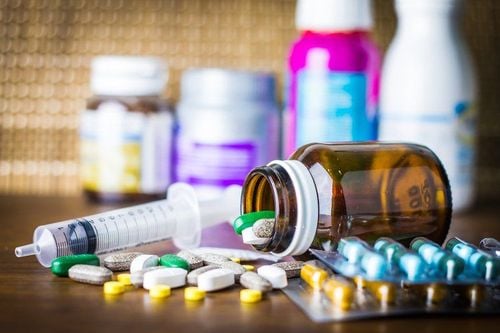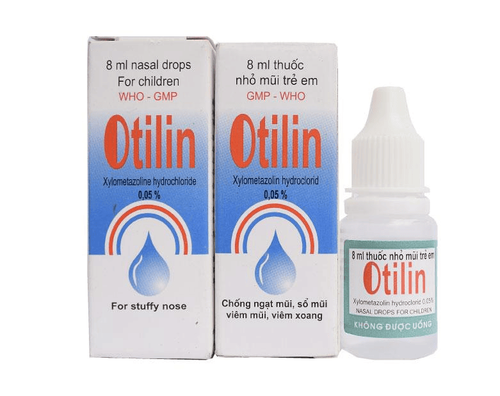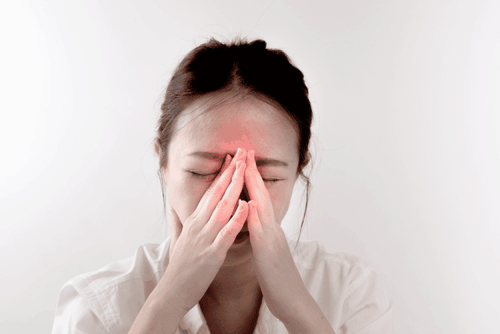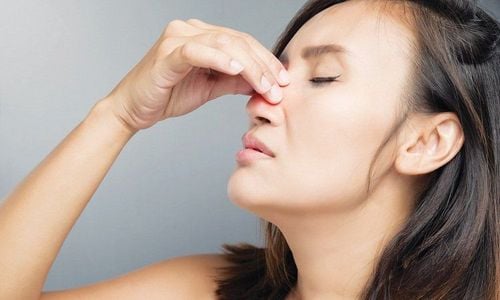This is an automatically translated article.
The article was written by specialist doctor II Le Thanh Cam - Pediatrician, Department of Pediatrics - Neonatology - Vinmec Danang International General Hospital.
Viral sinusitis usually goes away on its own without treatment. Medicines used in this case are mostly to relieve symptoms. Some common pain relievers include acetaminophen and ibuprofen.
1. Causes of sinusitis in children
Upper respiratory tract infections Runny, cough, stuffy nose, low-grade fever, often occur, sometimes after the drug is finished, it often leads to complications of acute otitis media.
Allergic Rhinitis Clear nasal discharge, continuous runny nose, wheezing, accompanied by rales in the lungs. About 40% of children have asthma-related allergic rhinitis.
Asthma In contrast, about 80% of children's asthma is allergy-related.
Immunodeficiency In related children with parents with AIDS
Abnormalities of the nasal cavity Deformed septum, hypertrophy of the nose, overgrowth of dome-shaped valve, VA.
The above causes persist for a long time, leading to swelling of the nasal mucosa, leading to obstruction of the nasal passages and sinuses, and stagnant fluid in the sinuses.

Vẹo vách ngăn ở mũi
Common symptoms:
Runny nose thick, green or yellow, with a fishy smell. Cough due to phlegm, fluid flows down the larynx. Mild fever or high fever depends on the degree of superinfection associated with tonsillitis. Bad breath, wheezing. Children cry because of stuffy nose, have to open their mouth to breathe. Endoscopic examination of the nose revealed a lot of mucus on both sides of the nose, thick, flowing from the back of the nose to the throat, edema of the middle nasal septum, and edema of the lower nasopharynx. The nasopharynx VA is too developed to cover the posterior nasal passage, sometimes pressing on the Eustachian tube.
2. How to treat acute sinusitis in children
Children very often have acute viral nasopharyngitis, this is a normal process to form the child's immune system later, most of these nasopharyngitis resolve spontaneously within 10 days without any treatment. With any specific treatment, only 5% of superinfections become acute infectious rhinosinusitis.
The widespread use of antibiotics is wasteful, increases the risk of antibiotic resistance and sometimes causes dangerous side effects such as in cases of antibiotic allergy.
According to Western medicine, to treat sinusitis for children, people often use some drugs to treat sinusitis depending on each case.

Thuốc trị viêm xoang cho trẻ nhỏ
3. Some drugs to treat acute sinusitis
Antibiotics If your child has a bacterial infection that leads to sinusitis, antibiotics will be effective, helping to kill the bacteria causing the disease. Once the child's symptoms do not improve after 3-5 days, the doctor will usually change to another antibiotic.
Allergy medicine If your child has allergies that lead to sinusitis, take antihistamines and other allergy medicines to reduce swelling.
Note:
Viral sinusitis usually goes away on its own without treatment. Medicines used in this case are mostly to relieve symptoms. Some common pain relievers include acetaminophen and ibuprofen. Because it is difficult to determine whether the cause of sinusitis is viral or bacterial, some doctors will not give antibiotics immediately, but wait a few days to see if the sinusitis goes away on its own. This helps avoid unnecessary antibiotic use because some antibiotics have bad side effects. In addition, if children use antibiotics indiscriminately, they will easily develop antibiotic resistance.
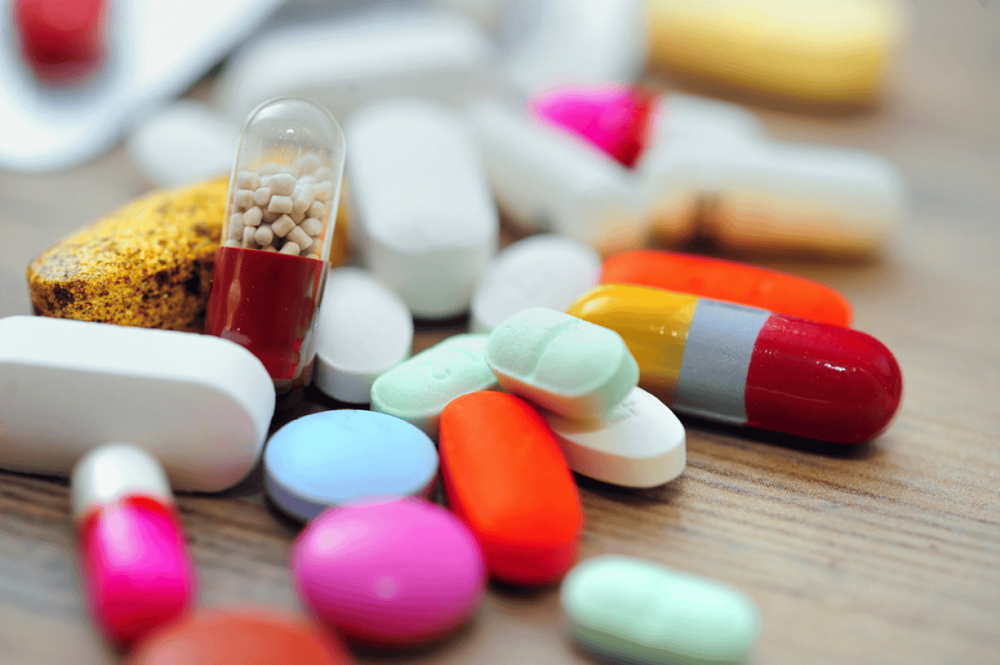
Thuốc trị viêm xoang được bác sĩ kê đơn
4. Some measures to support the treatment of sinusitis
Eat a lot of vegetables and fruits, drink a lot of water to prevent dehydration, dilute the pus in the sinuses. Nasal irrigation with physiological saline solution is a safe and effective way to help keep the sinuses and nasal passages moist, clear the nose, and significantly reduce symptoms of discomfort caused by allergic rhinitis, viruses and bacteria. bacteria. Nasal spray with essential oils. Using essential oils such as eucalyptus oil to steam the nose and throat is said to have antibacterial effects, clear the airways, and make the child more comfortable. Warm compress to relieve pain, relax. Use a warm washcloth or pack on your nose, cheeks, and eyes to relieve pain in areas of your face.
5. What to do to prevent sinusitis in children
Some simple changes in lifestyle and living environment help prevent sinusitis in children, reduce the risk of disease, namely:
Clean nose and throat with salt water After returning home from outside. or exposed to a dusty environment, use physiological saline to spray or wash the nose, gargle for children to keep moisture and clean the respiratory tract. Physiological saline is widely available at drugstores.
Use a humidifier If possible, using a humidifier on dry days will avoid dry air irritating the sinuses, causing infection. However, it is necessary to regularly clean the humidifier to prevent mold growth.

Sử dụng máy tạo độ ẩm giúp phòng ngừa viêm xoang ở trẻ em
Avoid contact with allergens Avoid contact with allergens such as pollen, dust, fungi, seafood...
Do not let water from outside enter the sinuses Avoid jumping into the water when Go swimming, avoid choking on water, swim for too long in the pool. Water from the outside environment often has many bacteria or chemicals, when entering the sinuses, it is easy to cause infection.
Keeping hands clean and ensuring personal hygiene, hygiene in living environment Washing hands before eating and after going to the toilet is a habit parents need to practice for their children. Because we often use our hands to hold things, shake hands, rub our eyes, etc., so our hands are not clean, the risk of disease is higher. Keeping personal hygiene and living environment clean also helps children to be less affected by disease-causing factors, especially respiratory diseases that lead to sinusitis.
Vaccination to prevent respiratory diseases Because some diseases of the upper respiratory tract such as colds, flu, allergies... can lead to sinusitis, vaccination against these diseases is also a way to prevent respiratory diseases. sinusitis prevention.
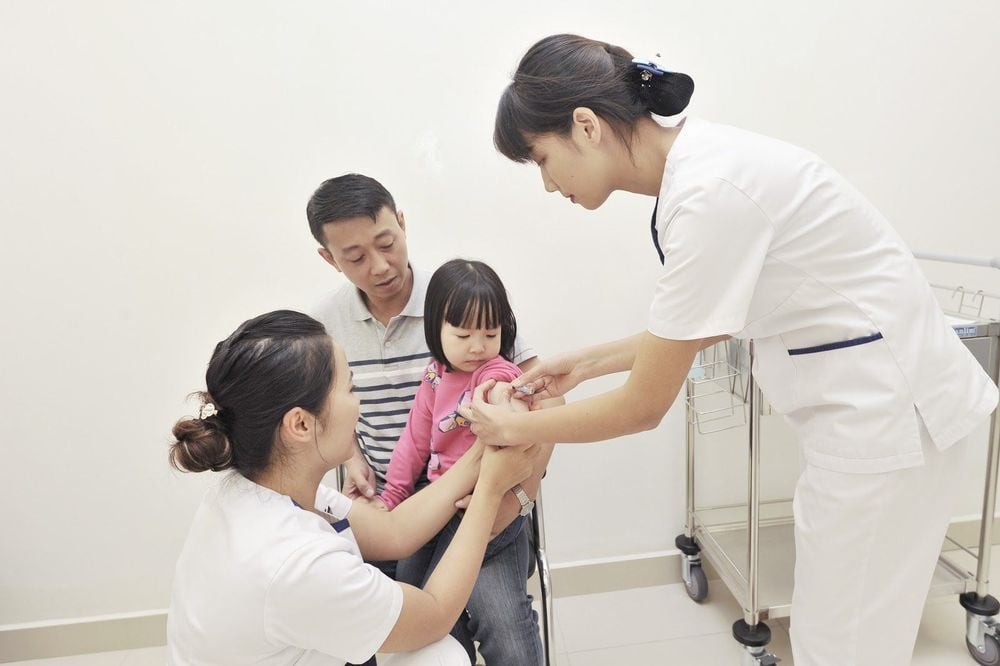
Tiêm phòng vắc-xin cho trẻ nhỏ
Avoid contact with sick people or places where germs are easy to spread Keep children away from people with colds or people with upper respiratory problems, avoid crowded areas where the disease spreads easily such as schools Schools, hospitals, office buildings, theaters, crowded streets, commercial centers,... If you have to contact or go to such places, you need to wear a mask.
To avoid the condition that children get sinusitis, parents should also add some supportive foods containing lysine, essential micro-minerals and vitamins such as zinc, chromium, selenium, B vitamins, .. .





